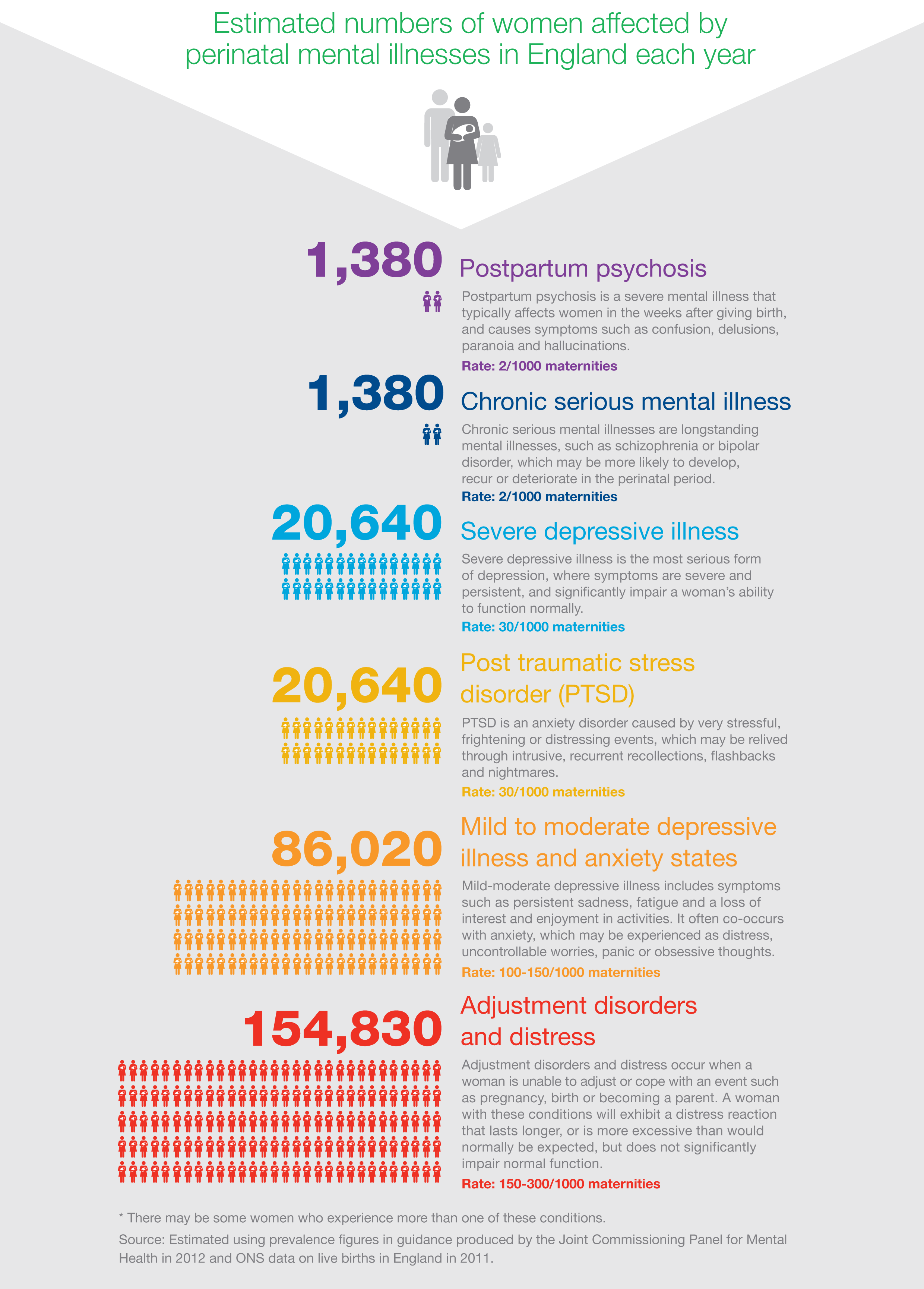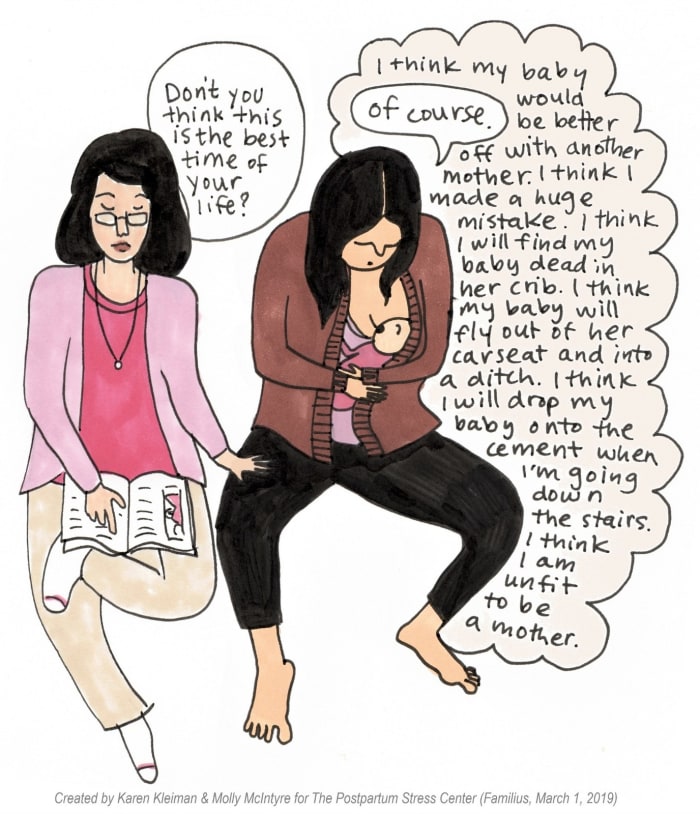Maternal Mental Health Awareness Month: Let’s Talk About It
Kallie WorsfoldMaternal Mental Health is a subject that is prevalent, but not widely prioritised or talked about.
Many women across the world suffer with perinatal mental health issues during pregnancy and the first year after birth. In fact, Maternal Mental Health Alliance found that "1 in 10 women develop a mental illness during this time and if untreated can have a devastating impact on women and their families."
This month is Maternal Mental Health Awareness Month - a month to talk, support and campaign about mental illness during pregnancy or after having a baby.
The Canterbury Hub speaks to mum's and mothers-to-be about their mental health, as well as professionals and organisations that can help and how they're campaigning.
Some pregnant women or mums during their first year of birth struggle with perinatal mental health issues. This includes mental health illness existing before pregnancy, as well as illnesses that develop for the first time.
A few examples of perinatal mental illness include: antenatal depression, postnatal depression, anxiety, perinatal obsessive-compulsive disorder, postpartum psychosis and post-traumatic stress disorder (PTSD).
However, it can be difficult for pregnant women and new mums-to-be to admit that they’re struggling with perinatal mental illness, in fear of judgement or feeling like a failure because they cannot cope.
The Canterbury Hub spoke to Jane Smith, whose name has been changed for protection purposes, about her battle with maternal mental health and postnatal depression.
"I am diagnosed with generalised anxiety including panic attacks and recurrent depressive disorder.
"I have struggled with my mental health since I was 12 years old, so pre-existing issues have made me more susceptible to pre and postnatal depression.
"Despite this, my pregnancy was actually lovely! The hormones did wonders for my anxiety and depression. I was able to lower my medication to the lowest dosage and still feel perfectly fine and functional... happy even!
"After the birth I was completely different. I noticed I was deteriorating when my son was 2 months old. Having suffered mental illness for such a long time, I knew the signs.
"Regrettably I ended up turning to drink. After one particular incident where I was unable to tend to my son due to intoxication, I finally decided enough was enough and I needed help.
"I went to my GP and I was referred to therapy and had my medication increased. At therapy, I didn't speak completely openly about my dark thoughts as I thought they might judge me and try to take him away from me.
"Therapy did not help at all. I felt as if they weren't treating me and were literally just focusing on my mental health's effect on my child, and it made me feel like trash.
"It's a constant battle that some days I win and some days I lose. But I fight on regardless for my son. Getting help from my family and close friends has helped but ultimately I just keep on fighting."
There are various organisations across the UK and internationally that support women and campaign for awareness regarding perinatal mental health.
Last week it was Maternal Mental Health Awareness Week and The Perinatal Mental Health Partnership (PMHP) co-ordinated five days of campaigns to raise awareness.
They organised interactive Facebook Live sessions for individuals to ask questions and encouraged charities, local peer support groups and services to share their details on social media so families know what support is available across the UK.
Mum's who have struggled or continuing to suffer with perinatal mental health issues are also campaigning and raising awareness for others who are in the same position.
Rosey Adams, a mum of 3 who has struggled with her maternal mental health in the past is the founder of #PNDHour tweet chats, MIND Blogger Winner 2016 and a Perinatal Mental Health Peer Supporter.
LISTEN below to hear Rosey speaking to us about her experience with maternal mental health issues and how she's campaigning and supporting women who struggle with the same situation.
As Rosey mentioned, it's not just women who experience perinatal mental health problems, but the whole family can.
Maternal Mental Health Alliance found that "perinatal mood disorders affect the entire family. Many people don’t realise that about 1 in 10 dads develop depression during this time."
A Twitter account called 'Dads In Mind' provides group and 1-2-1 support for dads experiencing mental health concerns related to pregnancy and birth or supporting their partner.
There are various organisations that can aid with support and are there to talk to all family members who are struggling with perinatal mood disorders.
There are also many maternal mental health bloggers and groups on social media that are there to provide support.
If you're struggling with perinatal mental health issues, then please visit the websites below:
Maternal Mental Health Alliance
MIND
World Health Organisation
PANDAS Foundation
NHS
- these are just a few organisations that can help.


